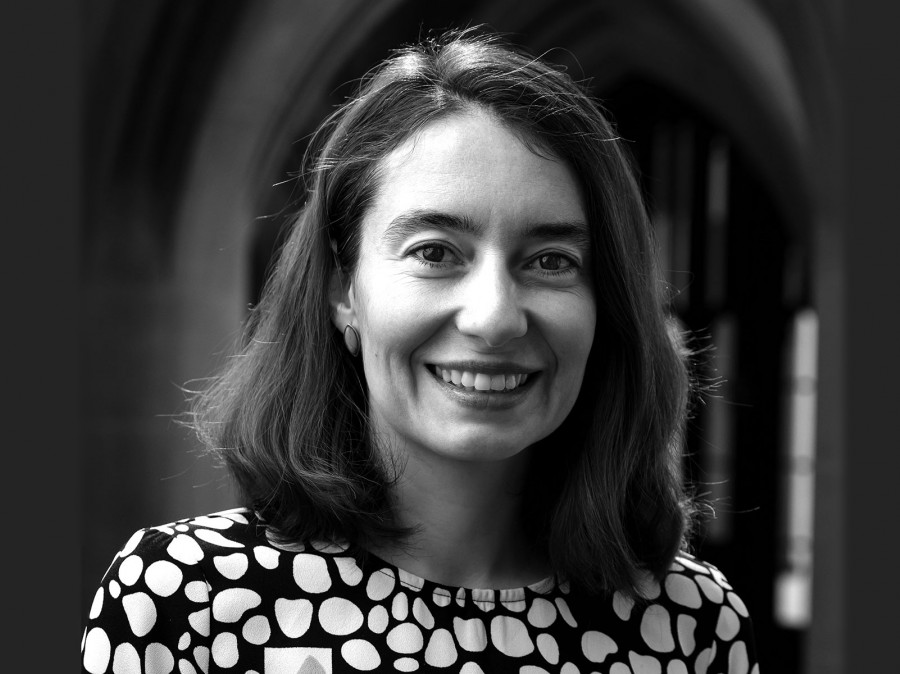Margareta Ingrid Christian *12

After graduating from Harvard with an A.B. in German and spending one year with a DAAD scholarship in Berlin, I joined Princeton’s graduate program in 2004. In 2012, I moved to Tufts University with a Mellon postdoctoral scholarship, and in 2014, I joined the University of Chicago’s Department of Germanic Studies as an assistant professor.
My research explores how literature and art are enfolded in culture, so that my work combines philological attention with broader cultural and disciplinary perspectives. My first book manuscript, Ecstatic Objects: Artworks and their Outside in Art Writing around 1900, is a literary study of art historical texts. It draws on the history of science to examine air as the material space surrounding an artwork, its “milieu,” “surroundings,” and “environment,” by looking at the linguistic efforts of Aby Warburg, Alois Riegl, Rainer Maria Rilke, and the dance theorist and choreographer Rudolf Laban. The book investigates the artwork’s external space as an aesthetic category in its own right and asks: What is the medium of the artwork’s externalism? It contends that air, the medium of continuity par excellence, is the site of aesthetic ecologies; it is where artworks enact the permeable boundaries between art and life.
My publications include: “Aer, Aurae, Venti: Philology and Physiology in Aby Warburg’s Dissertation on Botticelli” (PMLA, 2014); “Wind: Turbulenzen der Zeit - Klimatographie in Robert Musils Der Mann ohne Eigenschaften” (Phänomene der Atmosphäre. Ein Kompendium Literarischer Meteorologie, eds. Urs Büttner, Ines Theilen, Metzler, 2017); “Cameraless Photography and Its Imponderable Media” (History of Photography, 2018); “Umgebung / Umwelt. Art History’s Aesthetic and Biological Milieus” (Ecologies, Aesthetics, and Histories of Art, eds. Hannah Baader, Gerhard Wolf, with Sugata Ray, De Gruyter, forthcoming); “Telluric Poetics: The City and Its Natural Histories in Thomas Kling’s Poem “‘Manhattan Mundraum’” (German Studies Review, forthcoming).
I have taught courses on “The Pleasure of Literature,” “Dwelling: Literature and Architecture,” “Contemporary German Literature,” “Waiting,” “Aesthetic Ecologies.” Students working with me have written on topics such as the work of the biologist and cultural philosopher Raoul Heinrich Francé; the figure of the sovereign and the scholar in Kafka and Musil; the Barnes Foundation wall ensembles and the influence of John Dewey; space and femininity in Weimar Germany; magnetic influence in E.T.A. Hoffmann’s works.
Horror Vacui: A Cultural History of Air Around 1900
Michael Jennings, Joseph Vogl




